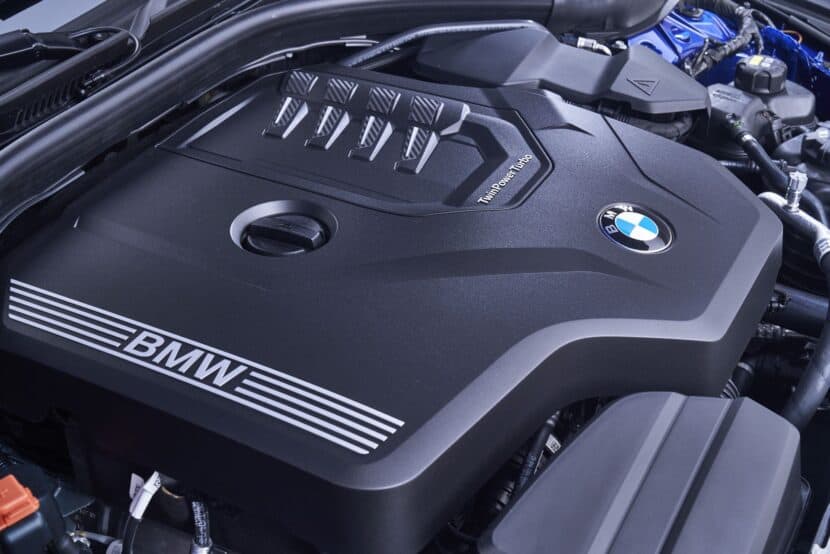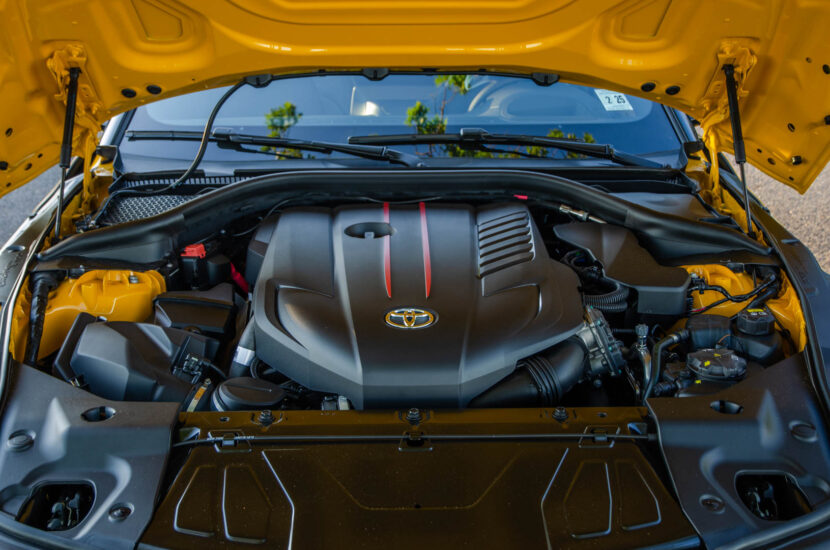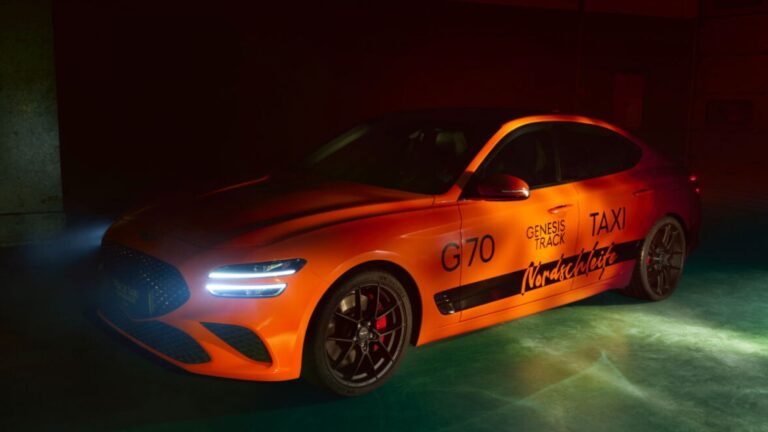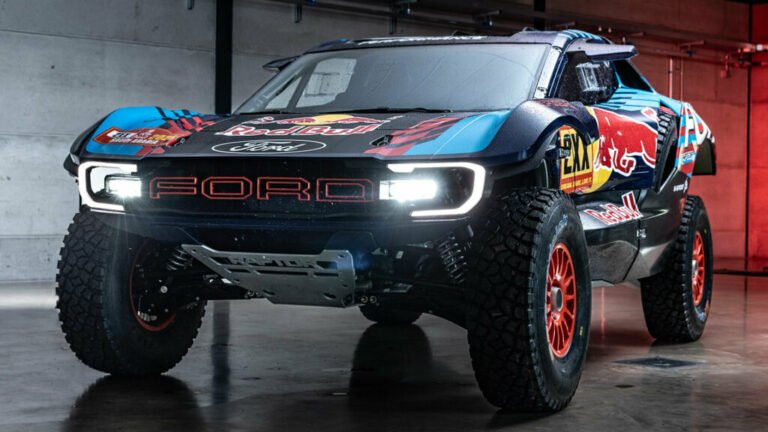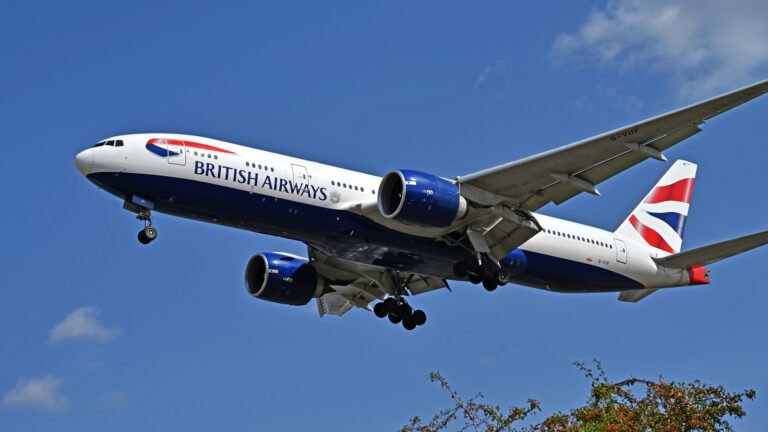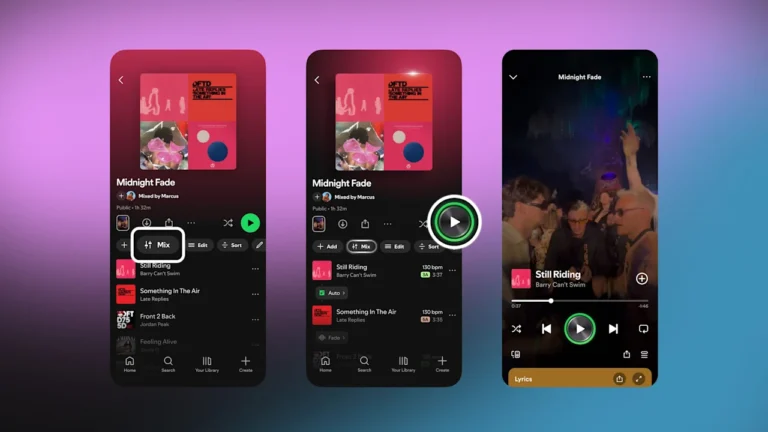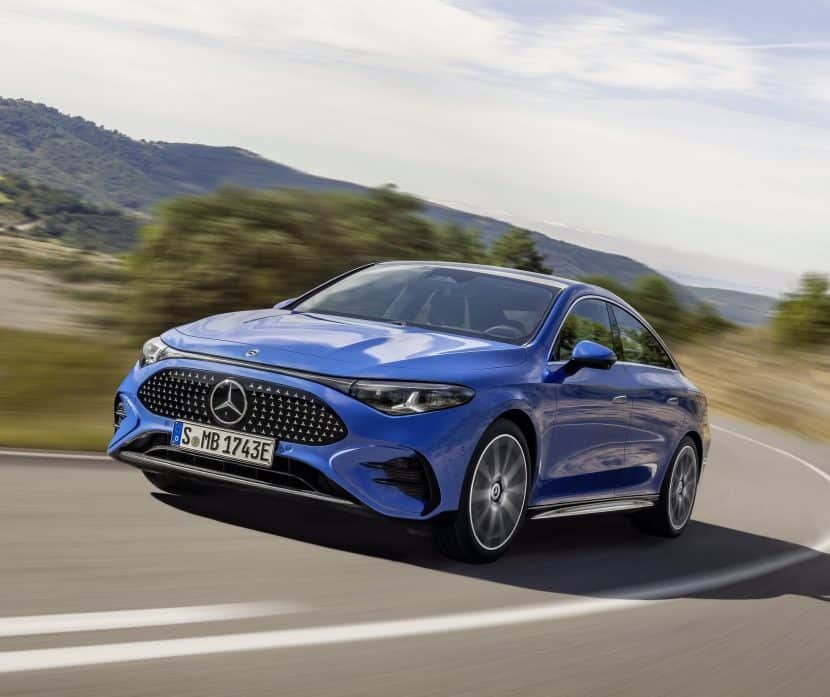
Mercedes-Benz and BMW have spent decades as rivals. But now, talks between the two automakers suggest that Mercedes could soon buy four-cylinder engines from BMW, according to a report by Manager Magazin and unconfirmed by BMW as of now.
Mercedes’ Struggles Prompt a Rethink
At the end of July, Mercedes CEO Ola Källenius reported weak financial results. Margins in the car business slipped to 3.2 percent in the second quarter, and sales in the first half of the year dropped to 900,000 units—the lowest since 2020. Källenius told his management team that cost-cutting measures won’t help if the right products are missing.
One of the problems is engines. Mercedes needs more combustion units for plug-in hybrids than originally planned. Earlier, the company had turned to Geely in China to source four-cylinders at a lower cost. But in key markets like the U.S., using Chinese-built engines has become politically difficult. That’s why Mercedes is now allegedly exploring cooperation with BMW. We reached out to BMW AG for a comment on this.
How the Cooperation Could Work
According to Manager Magazin, Källenius first raised the idea with BMW CEO Oliver Zipse nearly a year ago. Since then, technical teams led by Markus Schäfer (Mercedes Board Member) and Joachim Post (BMW Board Member responsible for R&D) have been allegedly working on details. The plan could see BMW supply engines to Mercedes starting in 2027, with production at BMW’s plant in Steyr, Austria. That factory built more than a million engines in 2024.
The initial step would focus on BMW’s four-cylinder petrol engine, though diesel units and other drivetrain components could follow. Insiders say that joint production in the U.S. is also being considered to avoid tariffs.
A Shift in Mercedes’ Engine Strategy
For Mercedes, the deal would mark a major change in direction. Källenius had long talked about phasing out combustion engines, but the company is now taking a more flexible approach. For BMW, the benefits are clear: secure production volumes, additional revenue, and a boost in reputation if even its main competitor chooses BMW engines.
BMW already supplies powertrains to a wide range of carmakers. Smaller companies such as Morgan and Ineos use BMW engines, but so do higher-volume brands including Land Rover, Range Rover, and Toyota. Adding Mercedes to that list would be a different kind of milestone. Supplying engines to a direct rival would both secure business at Steyr and highlight BMW’s global reputation for engine design.
Open Questions About Scope and Timing
Exactly how far the cooperation could go is still uncertain. Current talks appear to focus on BMW’s B48 petrol four-cylinder, but the B47 diesel could follow. Which Mercedes models would be the first to receive BMW power, and when, also remains unclear. These details are expected to surface in the coming months if the negotiations are indeed true.
We will update the article with BMW’s response to our inquiry.
[Source: Manager-Magazin]
First published by https://www.bmwblog.com

